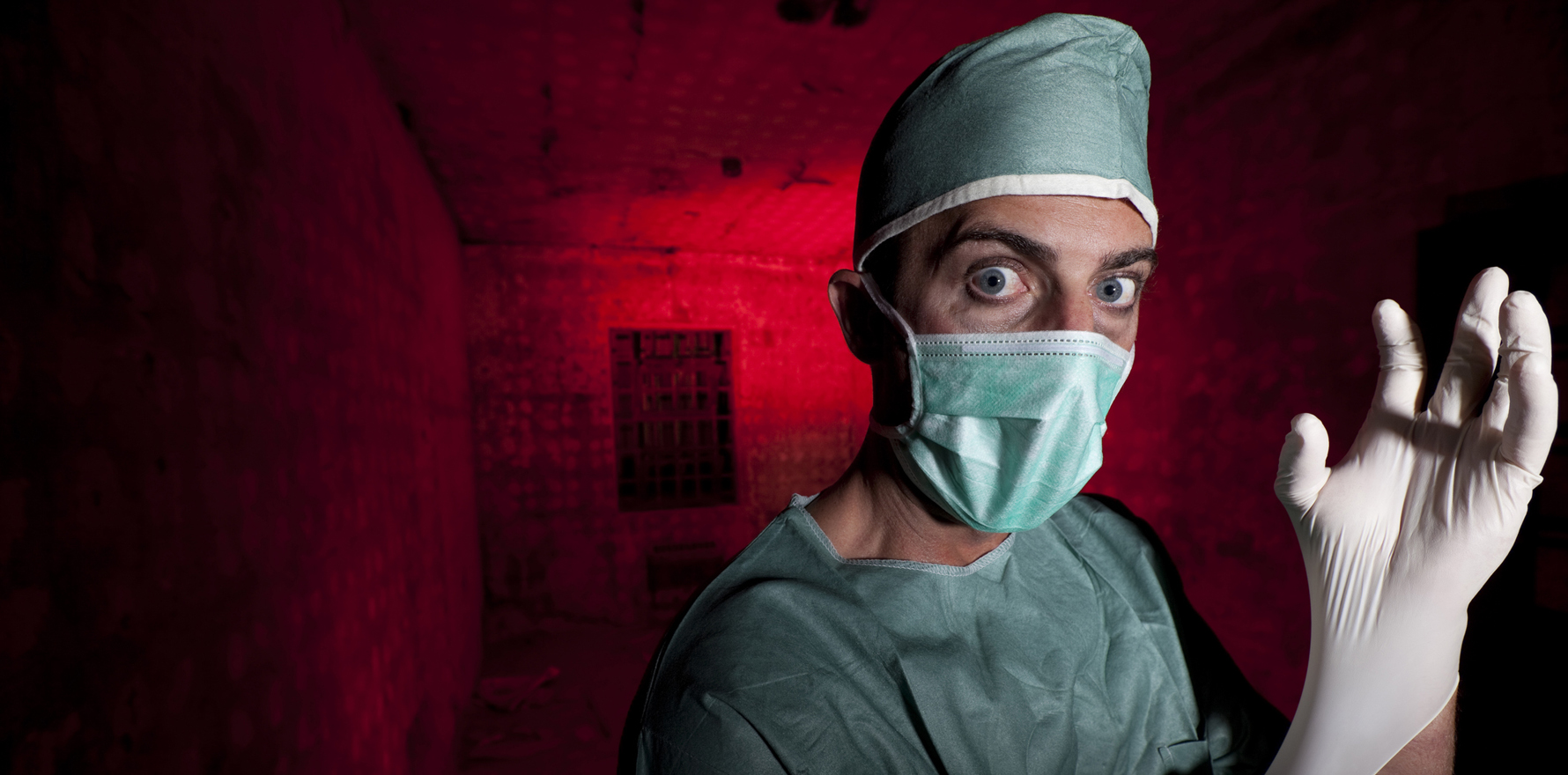Another reason to cut carbs and sugar: Cancer cells thrive on glucose
04/11/2018 / By Tracey Watson

What could be more amazing than accidentally discovering a non-toxic, truly effective treatment for cancer? That’s exactly what happened when Dr. Dominic D’Agostino, an assistant professor at the University of South Florida College of Medicine, Molecular Pharmacology & Physiology, was investigating the reason why navy seals sometimes suddenly experience seizures underwater when using oxygen rebreathers. His exciting research uncovered much more than just the answer to that question, and offers real hope in the fight against cancer.
Several studies have determined that conventional cancer treatments like radiation and chemotherapy are not just destructive and dangerous, but incredibly ineffective. A 2004 study by Australian researchers from the Department of Radiation Oncology at the Northern Sydney Cancer Centre of the Royal North Shore Hospital, determined that chemotherapy only contributed 2.3 percent to the five-year survival rate of Australian adults, a number which dropped to only 2.1 percent for American adults.
Then, in 2016, 11 of the world’s most renowned cancer specialists from the Academy of Medical Royal Colleges (AMRC) included chemotherapy on their list of five treatments that provide little to no benefits for patients.
An AMRC representative told The Guardian at the time that chemotherapy is “by its very nature toxic,” and its combination of failing to achieve a response while causing toxicity can “do more than good.”
A truly effective, non-toxic cancer treatment is therefore desperately needed.
Dr. D’Agostino received funding from the office of Navy research some time back to develop a microscope which could be installed in a hyperbaric chamber that can simulate the pressure of an underwater environment. The object of his study was to find out what was causing navy seals to have seizures underwater, and how to prevent them. He found that neurons in the brain when subjected to high oxygen and high pressure are overstimulated, resulting in a decrease in brain energy metabolism, and causing the potential for a seizure.
These seizures are similar to those experienced by certain epilepsy patients who do not respond to medication but can successfully control their seizures using a special diet. This diet, known as the ketogenic diet, is very low in carbohydrates and high in fat. It has been used successfully at Johns Hopkins hospital to treat pediatric epilepsy and is also effective against several other neurological disorders.
While the brain uses glucose as its primary fuel, it can readily adapt to using ketones for energy when glucose is not available. Like the brain, nearly all healthy cells in the body can use ketones as an alternative fuel source. However, cancer cells do not have this ability. D’Agostino likens them to damaged hybrid engines – they use much higher volumes of glucose than normal cells and lack the ability to transition to an alternative fuel source.
This phenomenon was already observed 80 years ago by Nobel prize winner, Otto Warburg, who demonstrated that cancer cells are damaged in their metabolism resulting in higher sugar uptake. His research was validated more recently by Professor Thomas Seyfried, who proved that cancer is a metabolic disease.
Cancer cells are defective in that they are totally dependent on glucose for fuel, and this defect can be targeted with a variety of non-toxic alternative approaches. Cancer cells thrive in a low oxygen, high glucose environment. High pressures of oxygen are therefore damaging to these cells. D’Agostino explains that when subjected to high levels of oxygen they over-produce oxygen free radicals which damage the cancer cell membrane while being totally non-toxic to healthy cells. (Related: Discover truly effective, natural cancer treatments at Cancer.news.)
Dr. D’Agostino believes that cancer can be managed with non-toxic strategies. He noted, “Future treatments and prevention of many diseases may fall back on the ancient wisdom of Hippocrates when he said, ‘Let food be thy medicine.’”
For more information watch Dr. D’Agostino’s inspiring TEDx talk entitled, Starving Cancer.
Sources include:
Tagged Under:




















